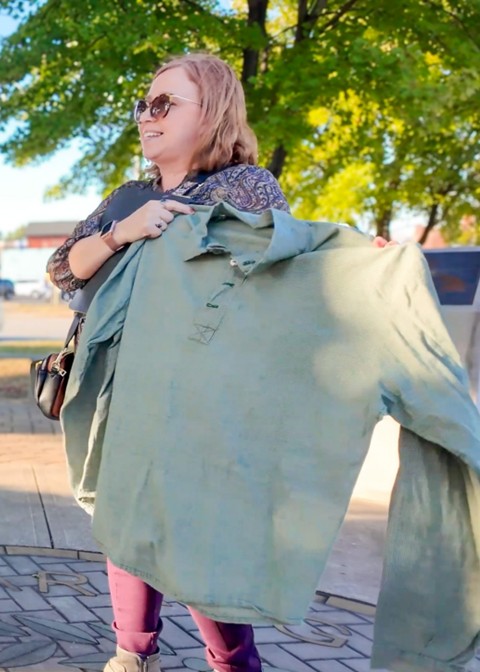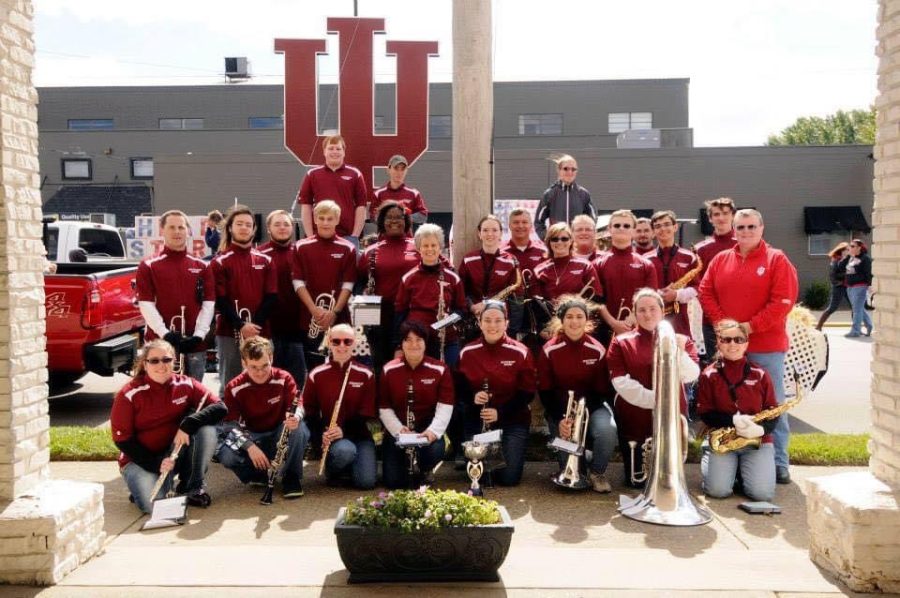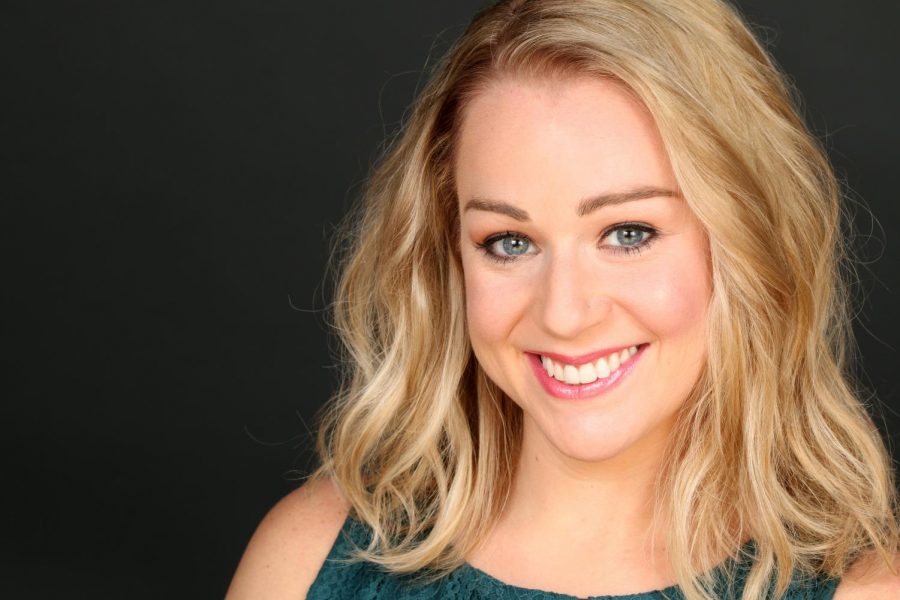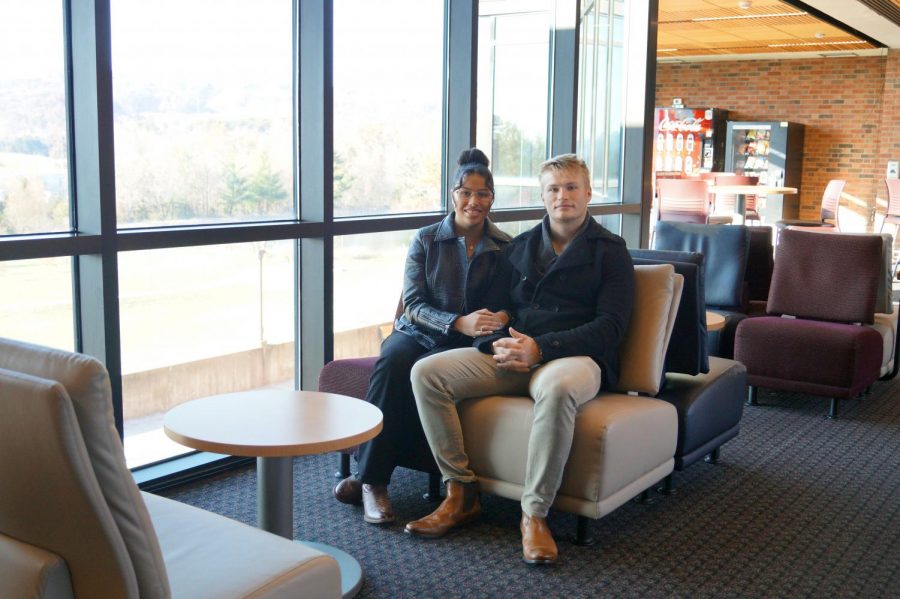Sam Sloss, professor of sociology, is known for his unique teaching methods and techniques.

For more than 20 years, Sloss has taught many different classes for the Department of Sociology, and he is known for teaching classes that other professors don’t usually teach.
Classes Sloss has taught range from discussing Religion and Society, Games, Leisure and Play, Sociology of Humor and, this semester, he is teaching Food and Society and Issues in Evolution.
“Virtually, in every class, I teach evolution,” Sloss said. “I’m interested in science and how science works in general.”
Sloss said he thought it was fitting to teach Issues in Evolution this semester because of Darwin’s 200th birthday last year, as well as the 150th anniversary of the publication of Darwin’s book “Origin of Species.”
“Most sociologists don’t cover evolution,” Sloss said. “It’s a very rare topic and I thought it was fitting because Americans are so ignorant of the theory, and they need to know about it.”
Sloss said students need to learn about evolution, even if they do or do not believe in it.
“I’m not pushing students to believe a certain way,” Sloss said. “I want them to know what the theory is and why scientists believe it’s important and true.”
Sloss said, this semester, his students are very interested in the topic of evolution, and they are eager to know more about the theory.
Jani Bruner, sociology senior, has taken Sloss’ Research Methods class, and is now the Supplemental Instructor for the class this semester.
“I had Professor Sloss for Research Methods, and I had always heard his classes are fun,” Bruner said. “As a senior, it’s my last chance to take him, so I am taking Issues in Evolution.”
In Issues of Evolution, Sloss is covering the theory of evolution with more than 200 slides on each PowerPoint each class.
Sloss said he no longer uses expensive books anymore. Instead, he chooses books from the New York Times best-seller list for each class he teaches.
“The readings he assigns are awesome,” Bruner said. “They are not textbooks, and they are extremely interesting to read.”
Along with teaching Research Methods and Issues in Evolution, Sloss is teaching Food and Society this semester.
“We cover the role of food in primary evolution, the history and culture of food, mono-cultures and obesity problems,” Sloss said. “There is so much on food that the class is a smorgasbord.”
Sloss is known for his different methods of teaching in his classes.
“He challenges his students to think outside the box,” Gregory Phipps, senior lecturer and coordinator of sociology, said. “He uses a variety of different strategies to stimulate their thinking.”
Bruner said Sloss teaches with a light-hearted attitude.
“He is really approachable and he uses a lot of humor and fun,” Bruner said.
Sloss will be teaching the rest of this semester, and then will be taking a year off for a sabbatical. The topic of his sabbatical will be looking at public science and the public’s attitude toward science.
Sloss said questions have been coming about climate change and genetically modified food, as well.
“I’ve always been around science,” Sloss said. “I would have been a biologist, but I couldn’t cut up dead animals.”
Sloss said he will also use this time to research and analyze data concerning science museums.
“There are more than 500 science museums, and I want to create a database on how many visitors they have, and what their displays include and not include,” he said.
Sloss also said he wants to research how many of the science museums focus on environmental change and evolution.
He said he wants to see specifically what areas avoid displaying evolution in their museums.
“I am going to try to interview museum directors,” Sloss said. “I want to try to visit as many museums as I can but it depends on how much money I have.”
Sloss will be gone the full academic year. However, he will still be in the area. He just won’t be teaching.
Sloss said, during a sabbatical, a professor isn’t actually allowed to teach anywhere.
This will be Sloss’s third sabbatical because the opportunity to qualify for sabbatical typically comes every seven years.
Sloss said he will miss teaching all of his classes while he is on sabbatical.
“He is really a great guy and an asset to our department,” Phipps said. “He is a very nice colleague.”
Bruner said Sloss is well-liked.
“In one word, I can describe Professor Sloss as interesting,” Bruner said. “He has so much knowledge and I am learning a lot from him.”
By NIKOLETTE LANGDON
Staff Writer
nlangdon@ius.edu










